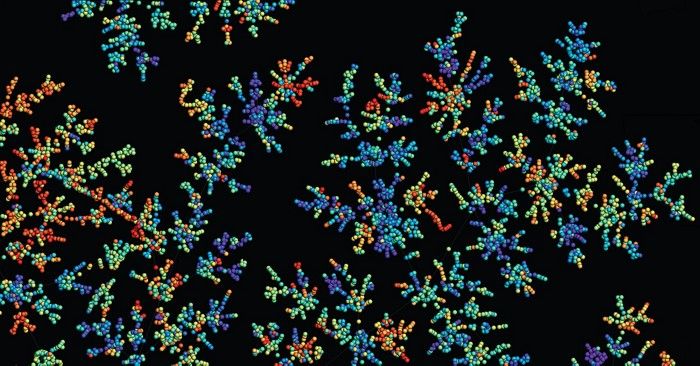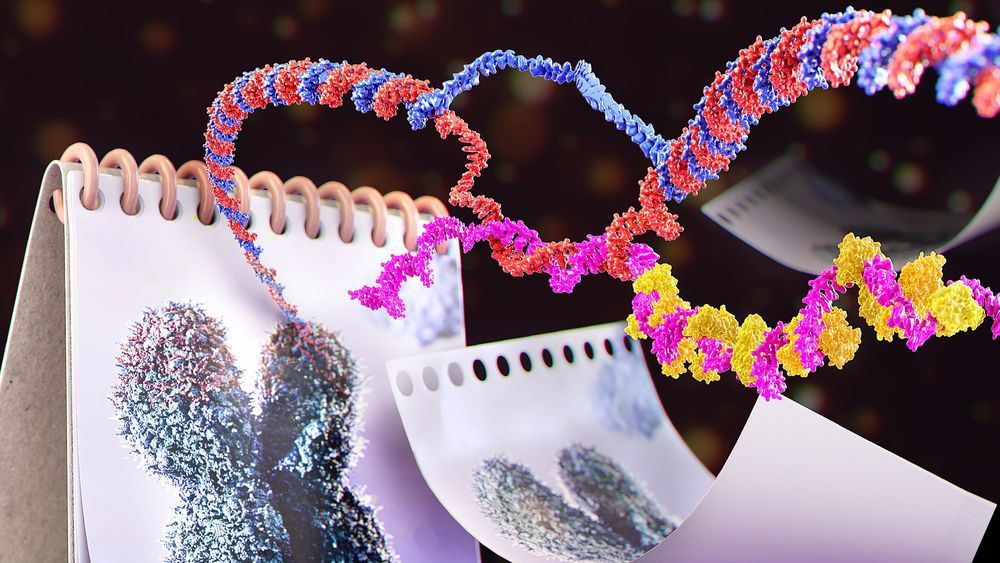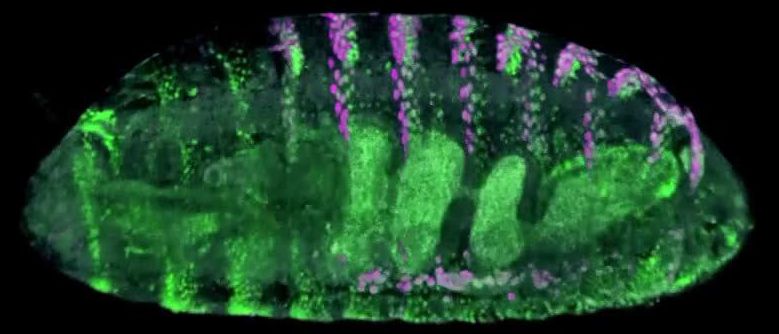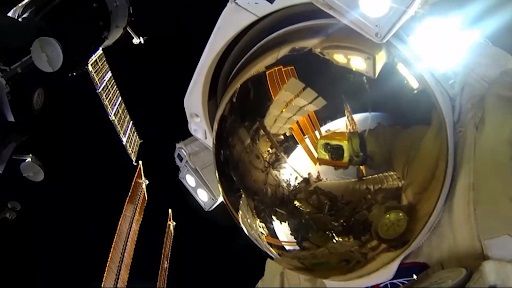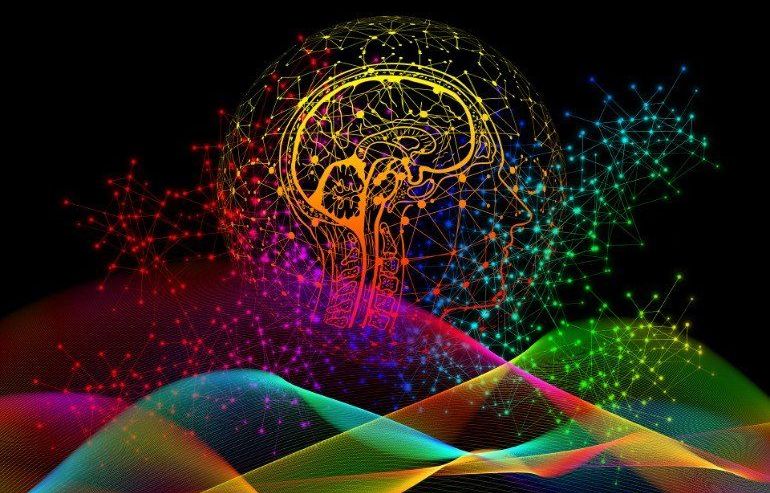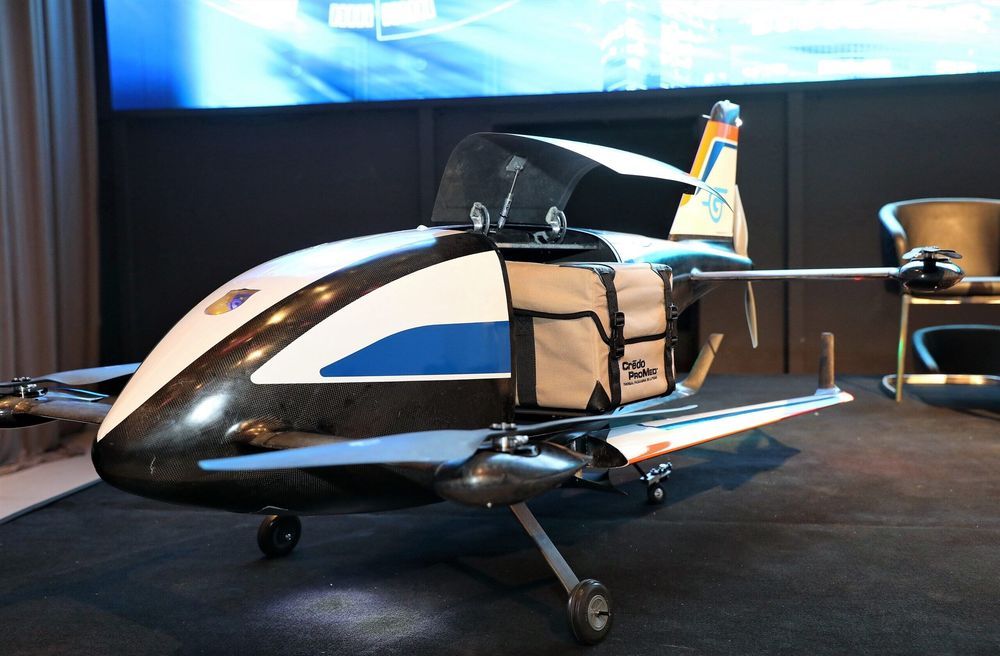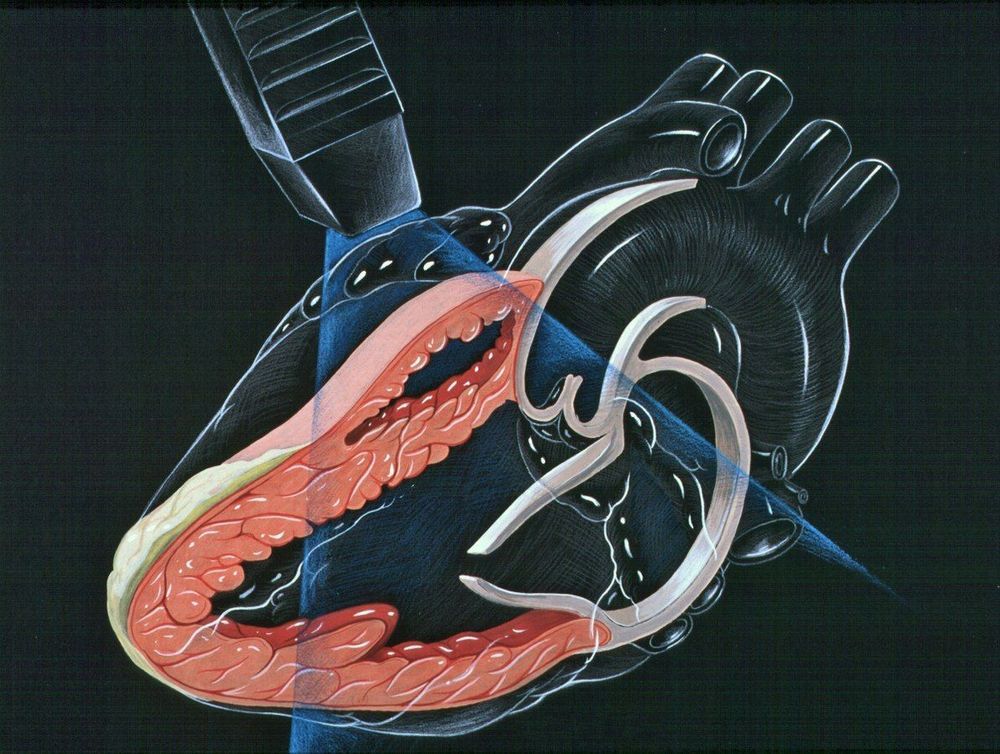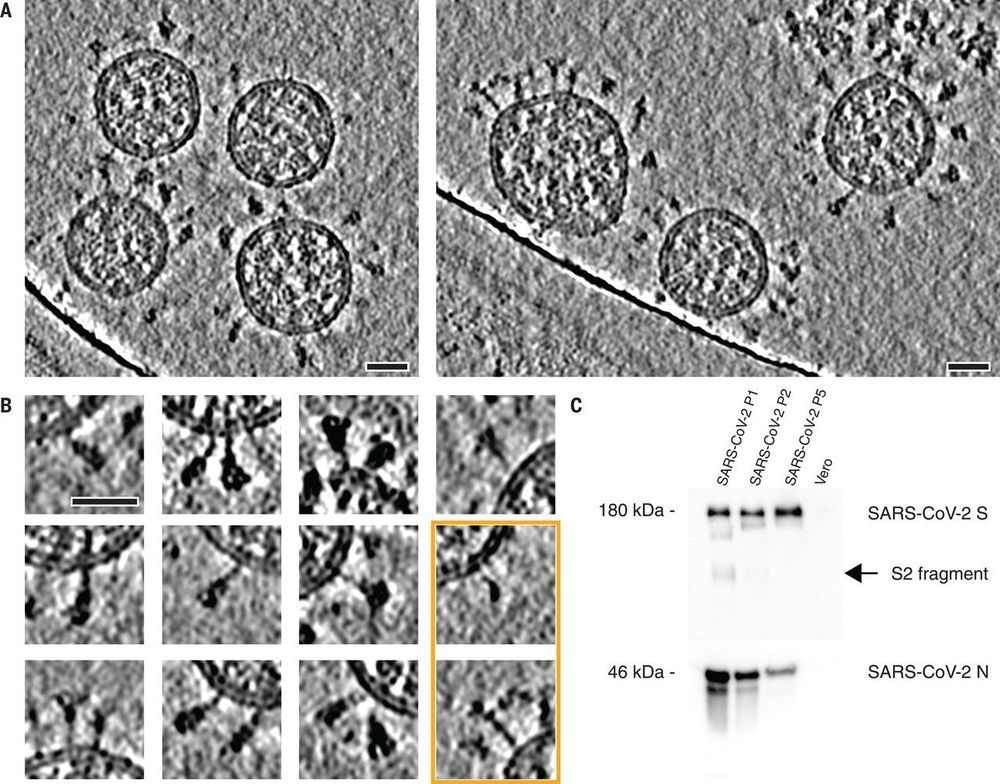Chemical space contains every possible chemical compound. It includes every drug and material we know and every one we’ll find in the future. It’s practically infinite and can be frustratingly complex. That’s why some chemists are turning to artificial intelligence: AI can explore chemical space faster than humans, and it might be able to find molecules that would elude even expert scientists. But as researchers work to build and refine these AI tools, many questions still remain about how AI can best help search chemical space and when AI will be able to assist the wider chemistry community.
Outer space isn’t the only frontier curious humans are investigating. Chemical space is the conceptual territory inhabited by all possible compounds. It’s where scientists have found every known medicine and material, and it’s where we’ll find the next treatment for cancer and the next light-absorbing substance for solar cells.
But searching chemical space is far from trivial. For one thing, it might as well be infinite. An upper estimate says it contains 10180 compounds, more than twice the magnitude of the number of atoms in the universe. To put that figure in context, the CAS database—one of the world’s largest—currently contains about 108 known organic and inorganic substances, and scientists have synthesized only a fraction of those in the lab. (CAS is a division of the American Chemical Society, which publishes C&EN.) So we’ve barely seen past our own front doorstep into chemical space.
